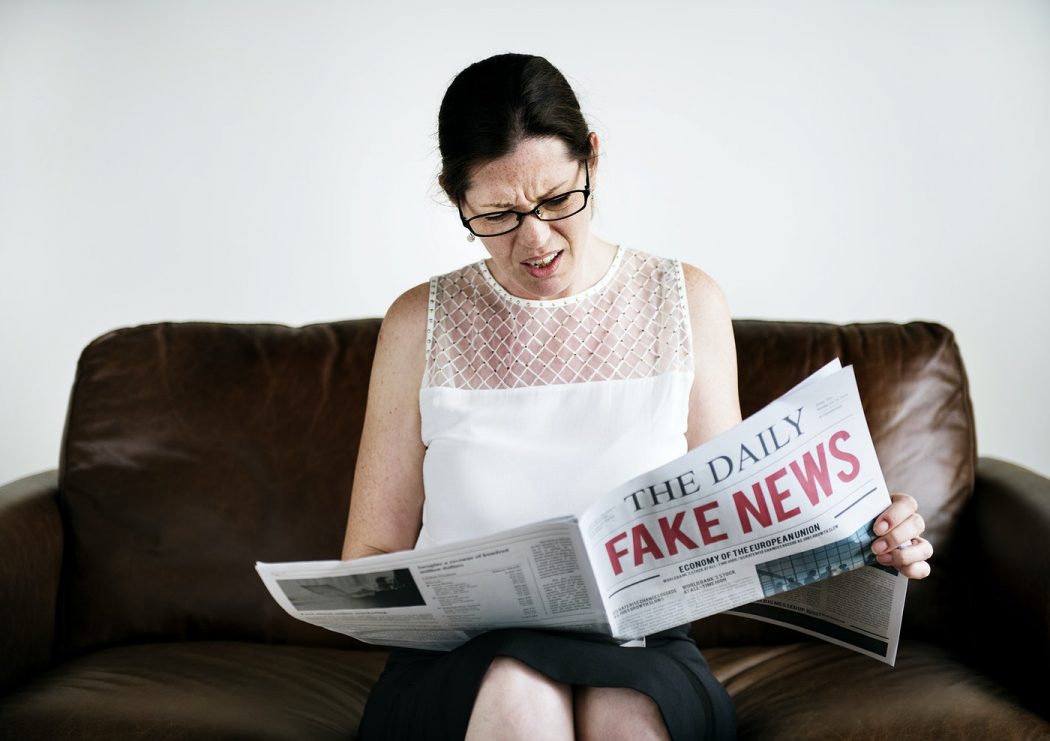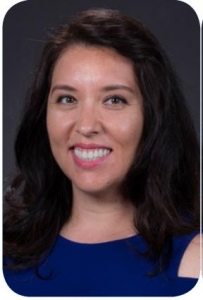“Kristina, where’s the blow dryer?” my father asked. “My friend told me on Facebook that if you blow dry your nose and mouth it kills the virus.” Since mid-March my family, along with my higher-risk father, have been isolating at home. My father, like millions of others, has had many questions about the novel coronavirus and COVID-19. “Who is at greater risk?” “What can I do to keep from catching it?” “Are people dying from ventilators, or are the ventilators saving them?” “What aren’t they telling us?” “Hydroxychloroquine is the cure! Why aren’t they giving it to everyone?”
As medical students we are ill-equipped to answer most of these questions and are only few amongst many struggling to explain why it’s so important to flatten the curve and proceed with caution thereafter. But as the search for understanding of the novel coronavirus continues at the highest levels of government and research, people are getting restless. They want answers as to why they find themselves suddenly unemployed, with schools closed, and a toilet paper scarcity akin to the gas shortages of the 1970’s. The majority of the U.S. population does not have 6+ months worth of savings or a 1-year food and water supply, and people want answers. They are afraid. I am too. It seems as though everyday there is something new, or some evolution of what was previously thought. Recall the claim that NSAIDS, like Ibuprofen, were thought to make viral symptoms worse. A claim that was later retracted, and redefined as having “insufficient evidence.” This is an integral part of the learning process in the scientific community; we hypothesize, test, analyze and re-evaluate as necessary. But your average American worker isn’t a member of the scientific community. What they hear is inconsistency, gaps in knowledge, changing statistical projections, too many unknowns and it’s been a breeding ground for mistrust. So they search for answers that are simple, unwavering, and consistent with their views. There have been armed protests throughout the country, more “fake news” than social media moderators can keep up with, and, most recently, a viral video that claimed to explain the “COVID-19 conspiracy” in its entirety.
But why would people try so fervently to push misinformation in the first place? According to First Draft’s Director and Disinformation Expert Claire Wardle, “Some people push misinformation to make money so it’s to sell a health supplement. Some people do this to push a specific political agenda. Some people do this because they just want to see if they can get away with it, but a lot of misinformation is around people’s existing worldview. So if you already don’t trust vaccines, you want other people to take on your beliefs cause it makes you feel better.”
But is your average American the only one at risk for being duped? Definitely not. Young or old, if you have watched even a single official coronavirus briefing you are at risk. In addition, you can find outrageous claims on every news channel, newspaper, blog, radio show and it’s overwhelming to sift through the sheer plethora of information to get to some semblance of truth. Maybe we can’t dam the flood of misinformation through keyboard battles, but we can approach new information critically by checking sources, and cross-referencing with other reputable outlets, and advising our family and friends to do the same.
Kristina Yancey is a member of The University of Arizona College of Medicine – Phoenix, Class of 2022. She graduated from The City University of New York-Staten Island in 2008 with a dual Bachelor of Science degree in Biochemistry & Chemistry, earned a master’s degree in Educational Leadership from Arizona State University in 2017 and completed a Graduate Certificate in Health Sciences through the Pathway Scholars Program at The University of Arizona College of Medicine – Phoenix in 2018. She enjoys research, community activism, singing Karaoke, dancing, and cracking up at her own jokes. But most of all, she enjoys spending quality time with her husband and daughter.
Email: kyancey@email.arizona.edu


